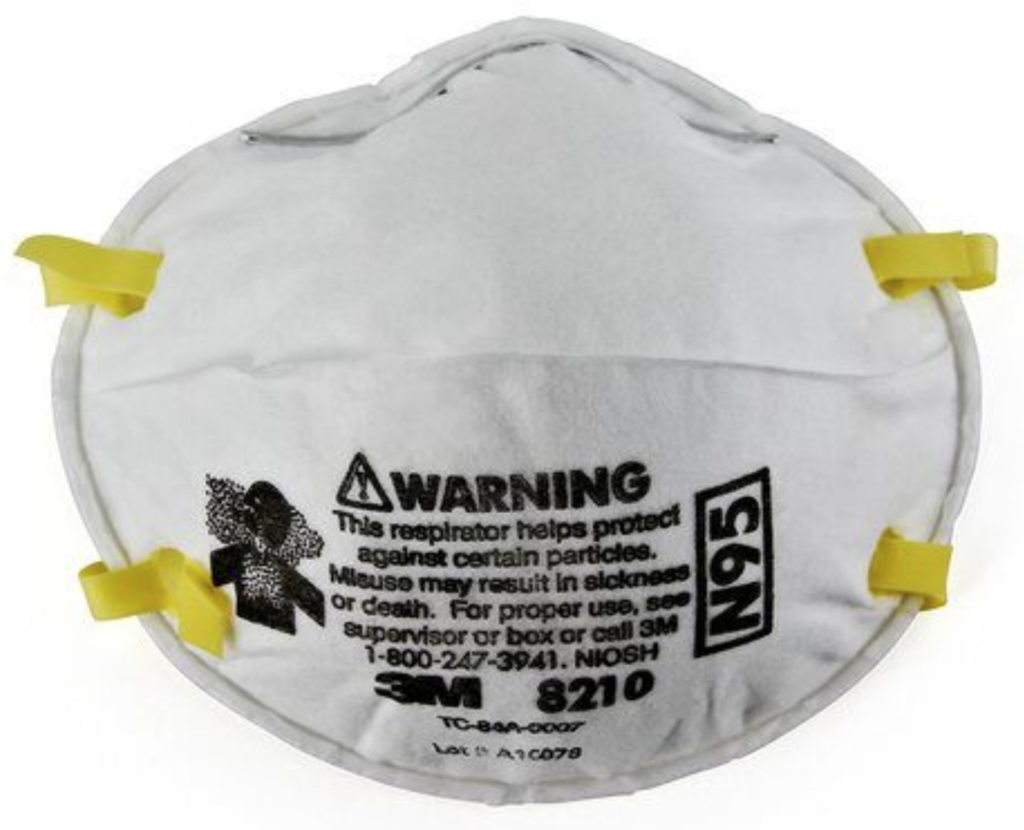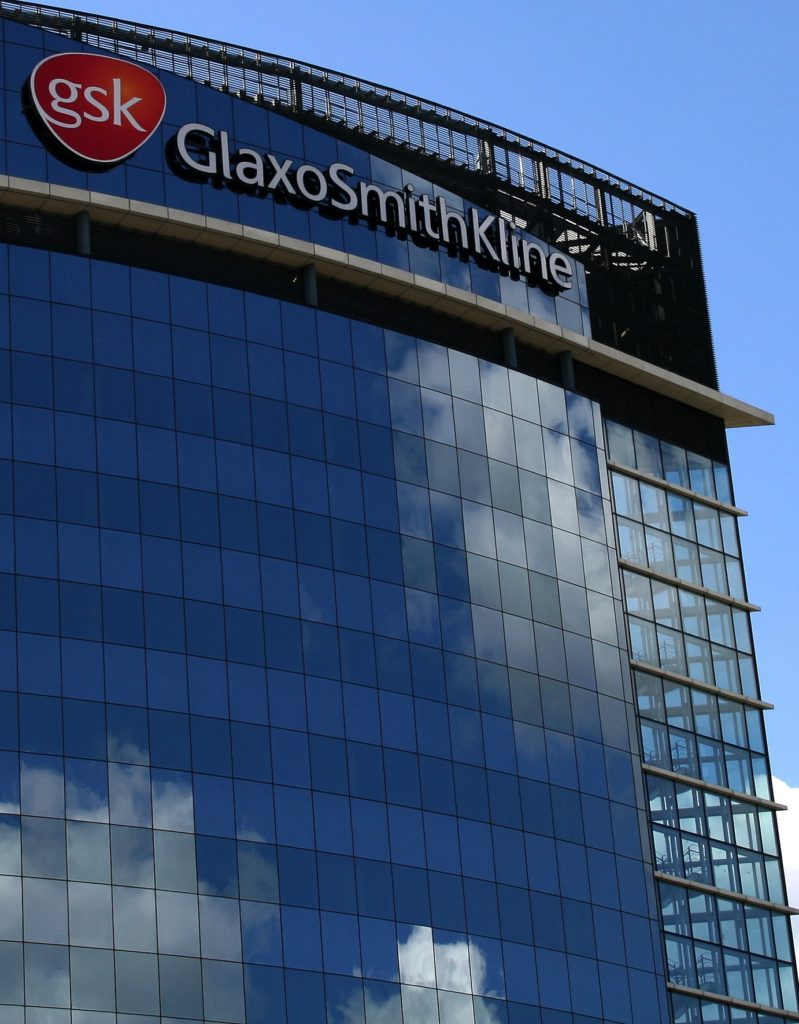Can 3M use a trademark infringement lawsuit to mitigate price inflation of N95 respirator masks during the global COVID-19 pandemic?
Earlier this month, 3M filed a lawsuit alleging trademark infringement against Performance Supply, LLC, an N95 respirator distributor in the District Court for the Southern District of New York. 3M alleges Performance Supply has been offering for sale counterfeit 3M-brand N95 respirators to unwitting consumers, including government agencies. In addition to addressing Performance Supply’s infringement of 3M’s eponymous trademark, the goal of the lawsuit is to eliminate “a false and deceptive price-gouging scheme” by this unauthorized supplier of 3M respirators.
Since 1902, when 3M began as a small-scale mining venture, it has become a provider of scientific, medical, household, and other products to consumers internationally. According to the Complaint, 3M is “an industry-leading provider of scientific, technical, and marketing innovations throughout the world,” including a portfolio of more than 60,000 goods and services. As it relates to this lawsuit, 3M offers a wide variety of medical devices, supplies, and personal protective equipment (PPE), including the N95 respirator.
For the past century, 3M has been using its trademarks, such as “ACE,” “POST-IT,” “SCOTCH,” “NEXCARE,” the slogan “3M Science. Applied to Life,” as well as others. However, 3M claims to be most widely recognized by its eponymous brand, including its standard character “3M” and the inset 3M design mark. 3M has been using its standard-character 3M mark as applied to respirators since at least 1960 and its design 3M mark on respirators since at least 1990. 3M claims that its 3M trademark is famous and distinctive.
Famous trademarks are those that have an immediate connection in the minds of the consumer with a particular product or service and the source of that product or service. Famous marks enjoy a broader scope of protection. Trademarks may become distinctive after five years of substantially exclusive and continuous use of the mark in commerce. Because 3M has been using its 3M marks on N95 respirators for more than 30 years, there can be little doubt 3M’s marks are distinctive.
During this global pandemic, 3M has doubled its production of 3M-brand, Model 8210 respirators, many of which are provided to healthcare workers. Indeed, 3M’s anticipated annual production is 1.1 billion respirators. These N95 respirators reduce exposure to airborne biological particles and liquid contaminants, which is especially crucial during the outbreak of the coronavirus. Despite investing capital and resources to increase its production of these essential N95 respirators, 3M has not increased its prices.
In addition to not increasing its prices, 3M has also taken an active role in counteracting price-gauging by third parties who seek to exploit the exponentially increased demand for 3M-brand N95 respirators. Not only have these third parties increased their prices, some sell counterfeit, lesser-quality versions of the masks and others even accept money for the respirators despite not having the product nor ever intending to deliver the product. 3M’s goal is also to protect the reputation and goodwill of its brand. In so doing, 3M has worked with law enforcement, retail partners, and even consumers to stop the unlawful practices related to 3M’s respirators.
Around the end of March, at a time when New York City was reporting record numbers of COVID-19 positive tests and deaths, Performance Supply emailed a “Formal Quote” to the New York City’s Office of Citywide Procurement. Therein, Performance Supply offered to sell the Office 2 million 3M-brand N95 Model 8210 and Model 1860 respirators at prices 500-600% over 3M’s suggested list price. Within the Formal Quote prepared by Performance Supply, 3M’s design and standard character marks were used nine times.
Due to Performance Supply’s “rampant use” of the 3M trademarks, as well as, the New York City officials’ mistaken identification of Performance Supply as an authorized vendor of 3M-brand, N95 respirators, the Procurement Office actually purchased $45 million-worth of purported 3M-brand N95 respirators. However, 3M claims to have no association with Performance Supply, nor is Performance Supply an authorized distributor of 3M products. As a result of this conduct, 3M filed claims for federal and state trademark infringement, unfair competition, false association, false endorsement, false designation of origin, trademark dilution, false advertising, and deceptive acts and business practices.
Read More








